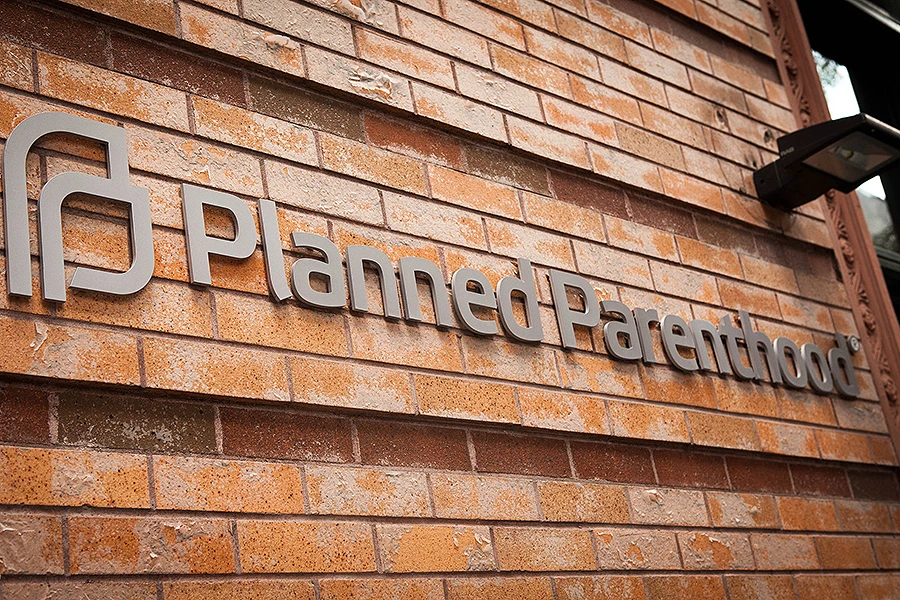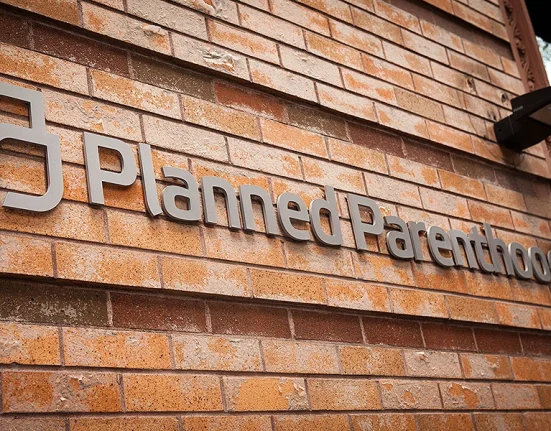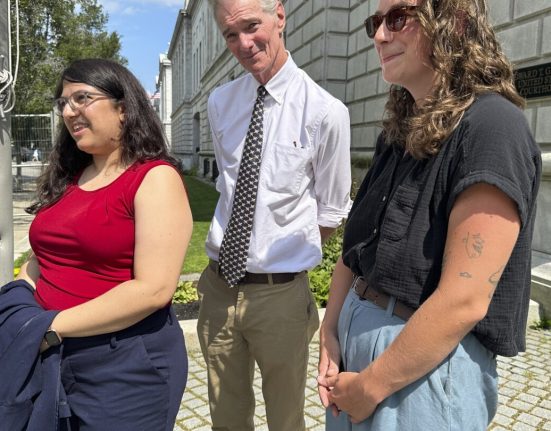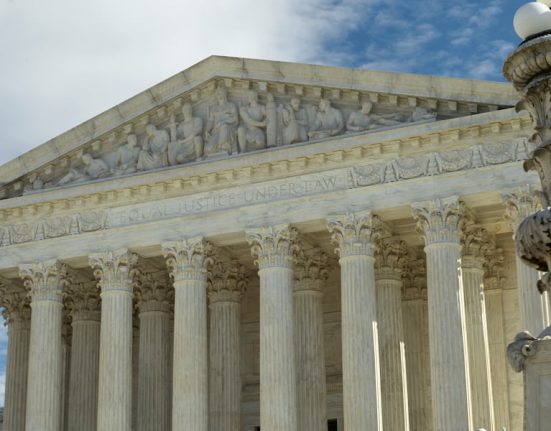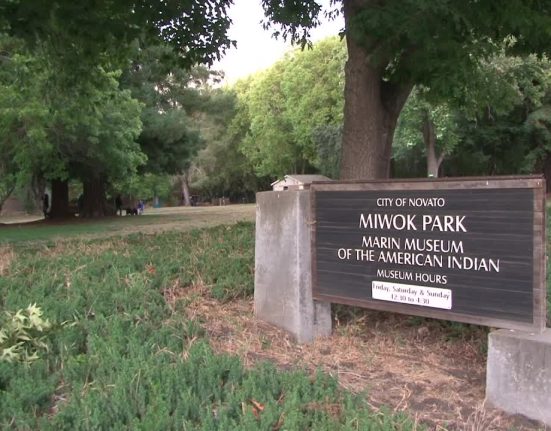Washington, D.C. Newsroom, Aug 18, 2025 /
07:00 am
Planned Parenthood affiliates based in pro-life states rake in close to a half-billion dollars from various sources in annual revenue, which includes millions of dollars in taxpayer funds, according to a new report.
The revenue data, which was unveiled by the Catholic nonprofit American Life League (ALL) on Aug. 18, found that the financial performance of Planned Parenthood affiliates in pro-life states is nearly identical to the performance of affiliates in pro-abortion states.
Planned Parenthood still has 11 affiliates that represent 81 facilities in states that have heavily restricted abortion following the Supreme Court overturning Roe v. Wade. The average annual revenue for an affiliate in a pro-life state is more than $41.2 million, which means those affiliates combine for more than $450 million in annual revenue.
The abortion giant has more than 41 affiliates operating in states that have few restrictions on abortion, which represent 418 facilities. The average affiliate revenue in these states is nearly $43.4 million, which is only slightly higher than the ones in pro-life states. The affiliates in these states combine for nearly $1.8 billion in revenue.
Funding sources vary but include government and private grants, private donations, and client payments for services.
According to Planned Parenthood’s annual report for July 2023 through June 2024, about 40% of its revenue came from taxpayer funds, which accounted for nearly $800 million.
Long-standing federal law prohibits taxpayer funding for most abortions. Yet, until the One Big Beautiful Bill Act was signed into law, Medicaid funds could broadly cover non-abortive services at abortion facilities.
President Donald Trump signed the bill to prevent Planned Parenthood from receiving federal Medicaid reimbursements for non-abortive services for one year, but a court blocked that provision and ordered the government, which is appealing the ruling, to continue payments for now.
Most pro-life states still allow affiliates to obtain state Medicaid funds, but the Supreme Court this year allowed South Carolina to enforce its ban on Medicaid reimbursements for Planned Parenthood. This has led pro-life lawmakers in some states to consider bills to ban affiliates from receiving payments.
The report notes that after recent closures, 29 Planned Parenthood facilities operate in Texas, a state that prohibits abortion in most cases, and 17 continue to operate in Florida, which prohibits most abortions after six weeks of pregnancy. In Texas, Planned Parenthood affiliates received nearly $130.8 million in annual revenue and in Florida they received nearly $67.8 million.
Mississippi is the only pro-life state in which there is not a single Planned Parenthood affiliate operating, according to the report. Of states ALL considers to be pro-abortion, neither Wyoming nor North Dakota have a Planned Parenthood affiliate.
ALL National Director Katie Brown told CNA that it’s unclear what services these affiliates are making most of their money from but that “we know they’re still raking it in.”
She noted that even where abortion is restricted, each state includes some exceptions for when someone can obtain an abortion. In some cases, it includes a “health of the mother exception,” which she said is the exception that is “exploited the most.”
Brown said abortionists often use a broad definition of what constitutes a health risk, which can include depression or financial struggles, adding that that type of exception is the “easiest one to check that box for, to find an exception for.”
“Even in a state that is ‘pro-life,’ … abortions are still happening,” she added.
Brown urged states to eliminate “all of the exceptions that let Planned Parenthood slip through the cracks,” saying they “have to start taking seriously total abortion bans” — a stance that no state has taken up to this point.
(Story continues below)
Subscribe to our daily newsletter
“[States need to] take very seriously a total protection for human life and do something about the abortion pill being mailed,” she added.
Brown noted that there has been some good news, with three Planned Parenthood affiliates shutting down recently in Texas amid fears of federal funding losses. She noted that a potential loss of funds, if a court reinstates the Medicaid reimbursement ban, “is contributing to a lot of facilities closing in certain states.”
However, she noted that the freeze, which is currently in a state of partial legal suspension with ongoing litigation, is only in place for one year and “Planned Parenthood may find a way to subsidize that income that they’re losing and we may see these clinics reopen in a year.”
Brown also said states need to enact laws that prevent affiliates from receiving state Medicaid reimbursements.

